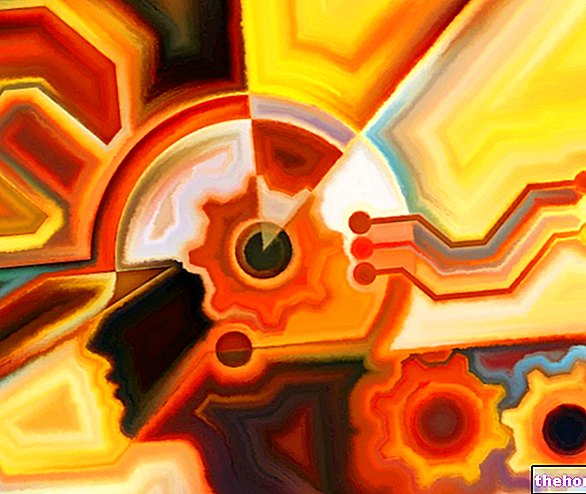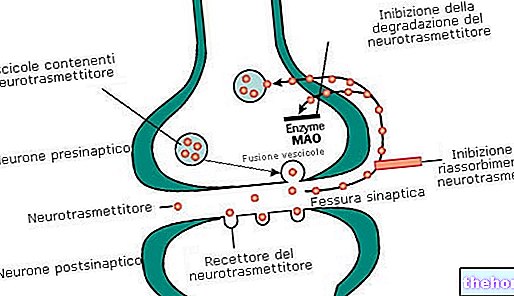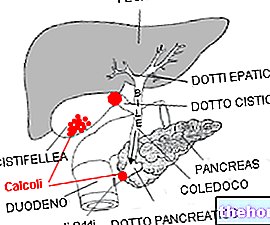By Doctor Maurizio Capezzuto - www.psicologodiroma.com -
In March 2001 a book by Richard Sennett was published in Italy entitled: "The flexible man". The author begins the book by telling of a meeting that took place one day at the airport. While the protagonist was waiting for the call for his flight, he ran into a man he hadn't seen for over fifteen years: Rico, Enrico's son. From the name given to the characters it is already clear that the author wants to convey the idea, for the "one, a full" identity (Enrico), for the other, a "half identity" (Rico is only a part of Enrico!) The author says that the thing that struck him most when he met Enrico , was the linearity of the time of his life. Enrico had created a very clear path in which his experiences, both from a material point of view and from a psychological point of view, were presented as a linear narrative.

As the story unfolds, a sense of unease becomes more and more palpable that allows the reader to identify with the precarious condition experienced by Rico.
Taking this story as a starting point, I do not mean that a man who works as a clerk (the so-called permanent job) is more serene than a freelancer and vice versa. What I'm interested in highlighting is how this new conception of work affects our psyche. It is not necessary to go beyond the borders of our country to realize these changes. In post-war Italy, the people who worked in Fiat, for example, were not simply workers employed by the Agnelli family. They were people who contributed to the rebirth not only of their family but also of Italy. They were proud to work in Fiat, (as well as in hundreds of other companies in Italy) and the hours spent screwing in bolts were not just a mere stereotyped job. There was so much more to that routine. There was the idea of giving dignity to the hours spent in that company. In those hours the "I did not cancel itself out because it was an active part of a much more ambitious project. In those hours the person did not have the sensation of being an object whose only goal was to accumulate other objects. It was the individual" defining itself and the object did not have the power to provide identity, but it simply remained what it is: a tool capable of simplifying life (provided it was used well!). When the person is the architect of his own life, he can feel satisfied, indeed, proud. The possibility of building a story allows the individual to "follow a thread" and therefore to give coherence and continuity to his life, in other words, to give it meaning. Unfortunately, the current concept of work greatly limits this process. mass media, our politicians, our administrators are well aware of the damage they have generated but, as in a vicious circle worthy of the most chronic of psychopathologies, they do nothing but deny and, in order to take responsibility, they mystify reality. so-called "winning" people who say that they have succeeded in achieving their goals, that they have fulfilled themselves; and you, who are on the other side, think you are inept, that it is only your fault of your state, that you are the only one responsible, that you miss the path, the direction, the speed if you chase moving targets, which get smaller because they are more and more distant.
In the current reality, we are also witnessing a paradoxical phenomenon: those who are secondary needs are mistaken for primary and vice versa. It becomes primary to change the car because it is not the latest model on the market and secondary to build meaningful relationships or become independent from one's family of origin.
In this way, the person confuses meanings and levels: the sense of self becomes the sense of things and social responsibilities become personal failures.
With this I do not want to solicit or justify a passive attitude towards life, but I want to highlight that the way we understand work influences our psyche. As early as 1800, Marx argued that work is what characterizes "man" particularly. "Through work, man improves his conditions of material life; in it, man reflects all of himself, what he thinks, what he feels. Through work, man overturns the relationship with nature, transforms it, bends it to his goals.
In the "capitalist era, however, Marx sees work" external "to the worker, makes him dissatisfied, unhappy, exhausts his body and destroys his spirit. It is no longer the satisfaction of a need, but a means of satisfying extraneous needs.
In the process of building an identity, the concept of a "secure base" is very important, which corresponds to the presence of a significant figure capable of making the child safe and able to explore the world thanks to the awareness of this lighthouse that guides him and By analogy, the precarious condition in the workplace does not allow the acquisition of a sense of security that allows exploration: a person who has a precarious working condition can hardly acquire a life planning, including the relational one.
Forced into this situation, unable to satisfy basic needs (autonomy, discovery, planning, affectivity), man runs the risk of replacing these needs with others, more immediate and less demanding, but which make more the idea of self is evanescent, more standardized. The mass swallows the individual and makes him forget his peculiarities, therefore identity loses its boundaries and becomes more and more nuanced and indefinable.
Job insecurity is like King Midas, but with very different results: the first transformed everything he touched into gold, the second made everything precarious, even the identity.


-cos-cause-sintomi-e-terapia.jpg)

























